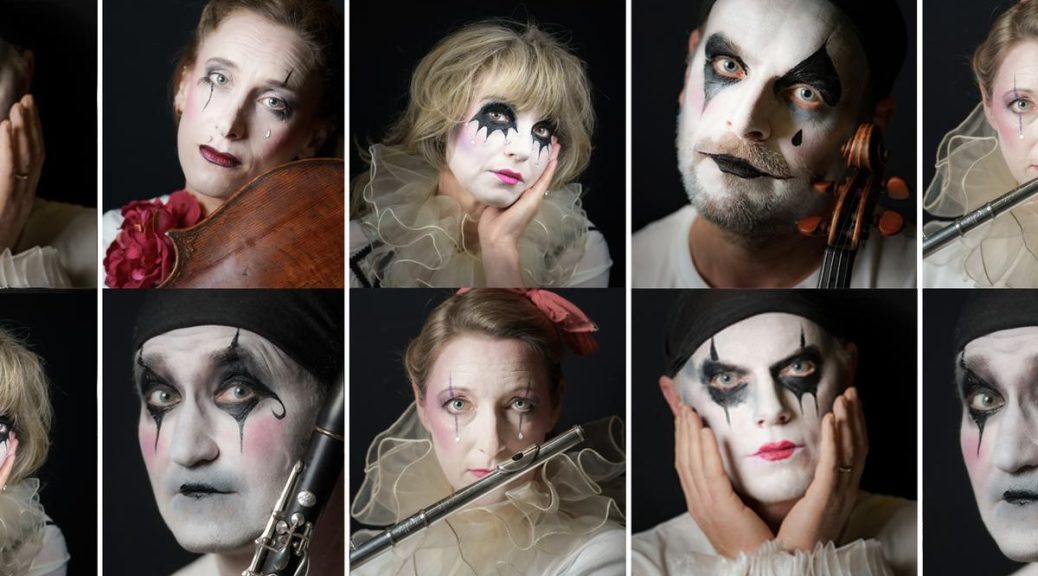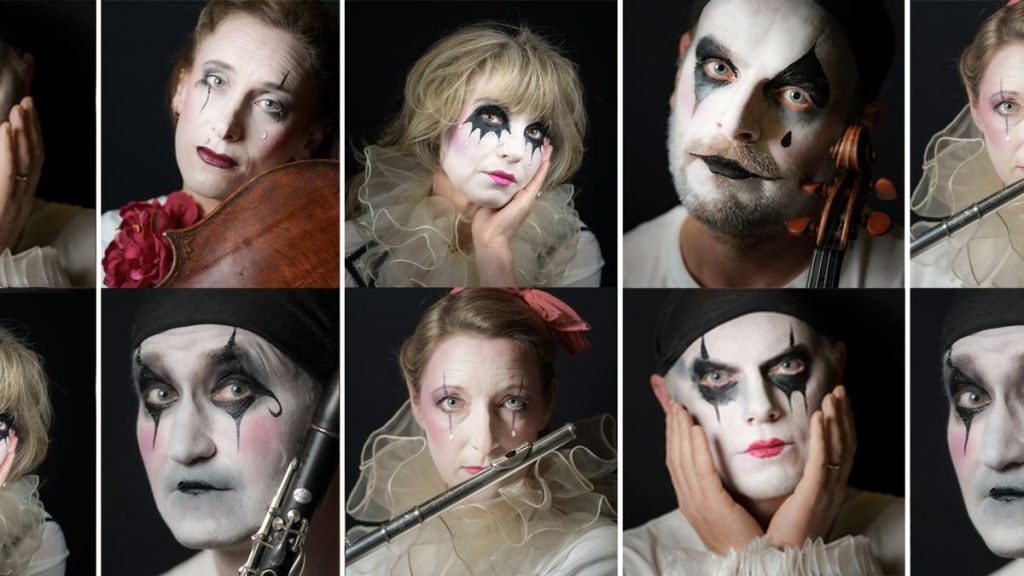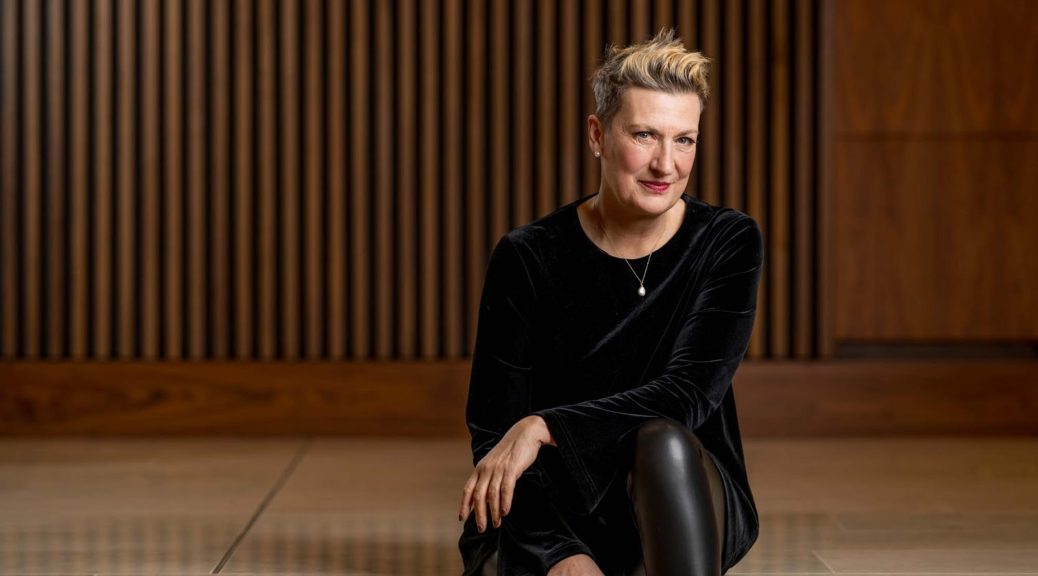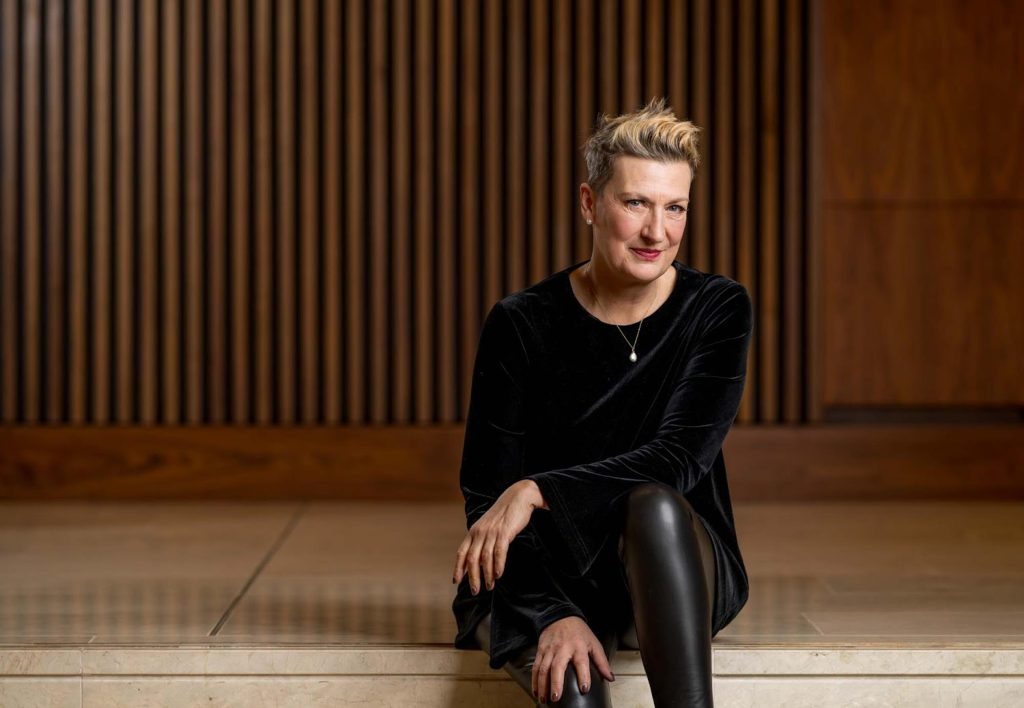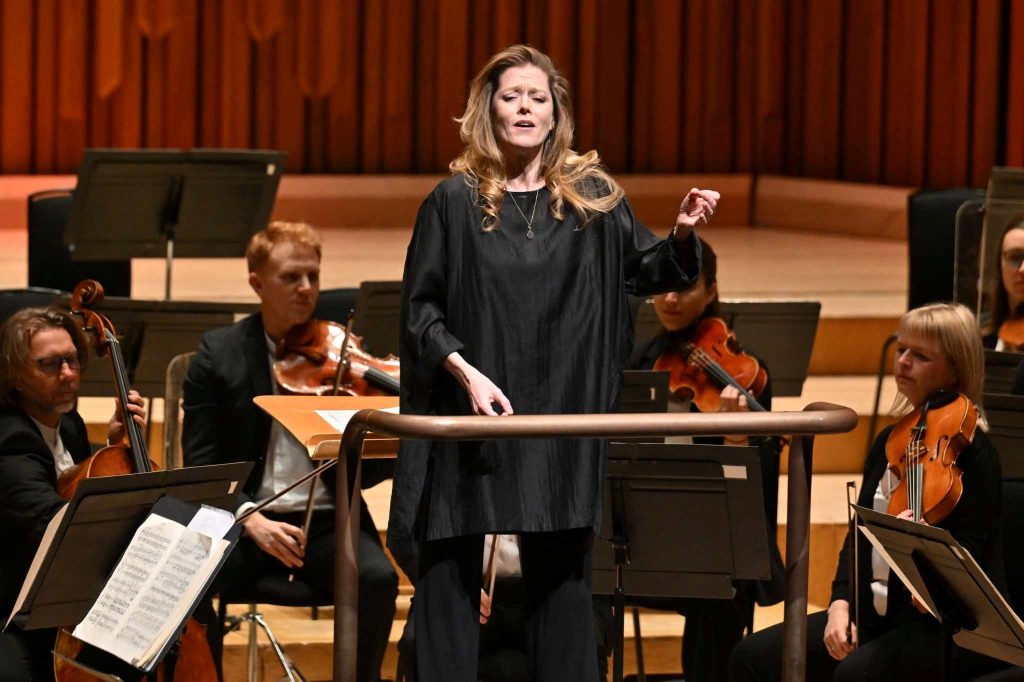
Photo credit: Mark Allan
 (4 / 5)
(4 / 5)
Barbara Hannigan is thriving at the London Symphony Orchestra. Her USP of both conductor and singer is a bold feat and might not always work. Though on a night like this thing were all set for greatness. A rare outing of Albert Roussel and Le festin de l’araignée – Symphonic Fragments would herald the start. Though perhaps more curiosity than compelling, these very French passages have gusto and some charm. Roussel who rarely gets outings in the standard repertoire, has to work hard to get heard. All the right moments are there yet something hasn’t quite made the cut. I’d like to hear more and this again.
In an arrangement by Anthony Girard, Ravel’s Histoires naturelle’s is a marvellous setting of the poetry of Jules Renard. These lovely settings of the mostly avians sort see jilted peacocks, a restless cricket, an existential swan a content kingfisher and of course, a disgruntled gujnea-fowl. As always with Ravel (and now Girad) there are buckets of charm, this really is tellingly delightfully verse. As well as the snazzy orchestration, baritone Stéphane Degout is a native French speaker and is also a great actor to boot. All these silly moments spent with these critters and flying creatures, vividly portrayed by Degout, who never over does his voice, it was smooth and very listenable.
What really sealed the deal was Hannigan doing what she does best: sing and also conduct at the very same time. I’ve had some reservations upon seeing her in the past, I recall an LSO gig in Bath of Messiaen and Mahler. Though her conducting might just be a little rigid, when she sings and continues to guide the orchestra with her back to them, things thrive. With the poetry of Rimbaud, this romantic upstart gets the Benjamin Britten treatment in what his one of his finer short concerts works. Extravagant poetry mingles with Hannagan’s soprano in scintillating form. The strings of the orchestra also shone, when Britten gets is right…the score seem to marvel at all sorts of lavish sights depicted in the poems of fantastical antiquity. It’s her acting which also pulls you in. I found myself in a state of amazement.
It’s been just over four months since hearing Haydn’s London Symphony again at the Barbican. With Hannigan at the helm, the almost monotonous repeat of the melody could wain elsewhere. It was tight throughout this Symphony 104; its elegance is matched by its sincerity. You can often see Haydn winking in good cheer, naturally. Pumping rhythms mingle with pressed slower bars, this is often digestible and wraps up a concert in fine taste and cheery fashion. Maybe this fine soprano maestro is warming on me?

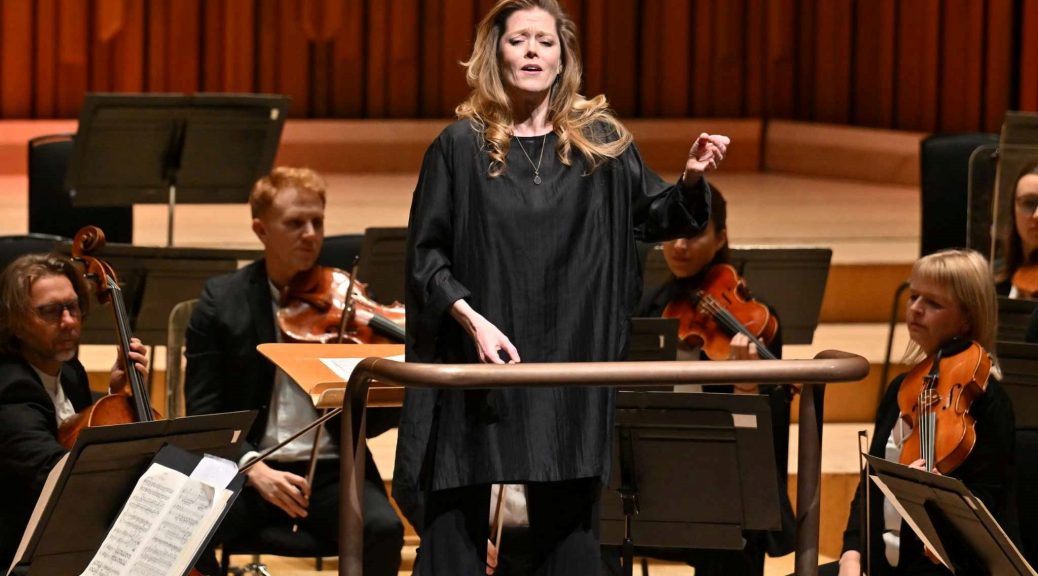
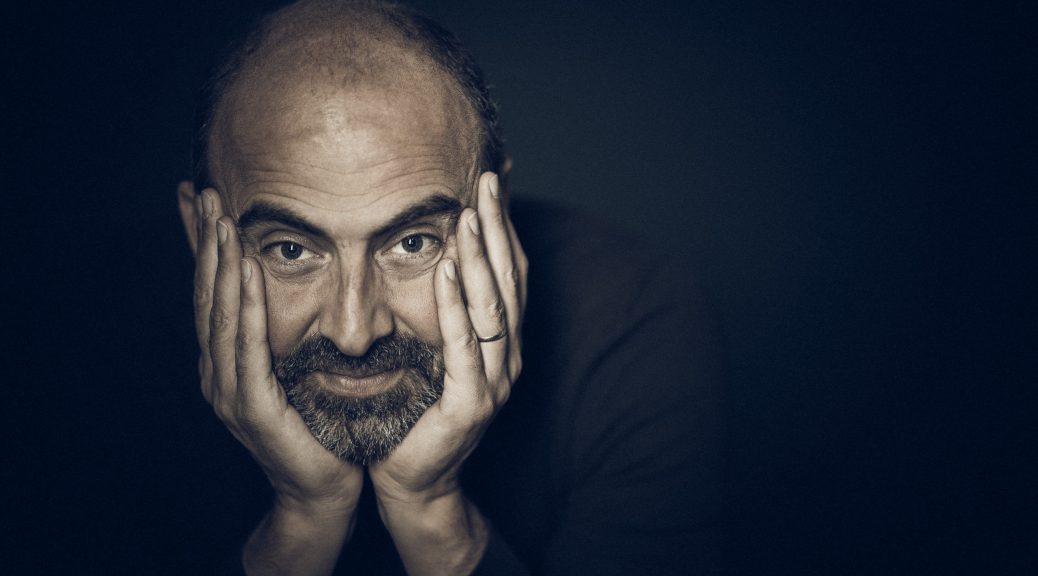
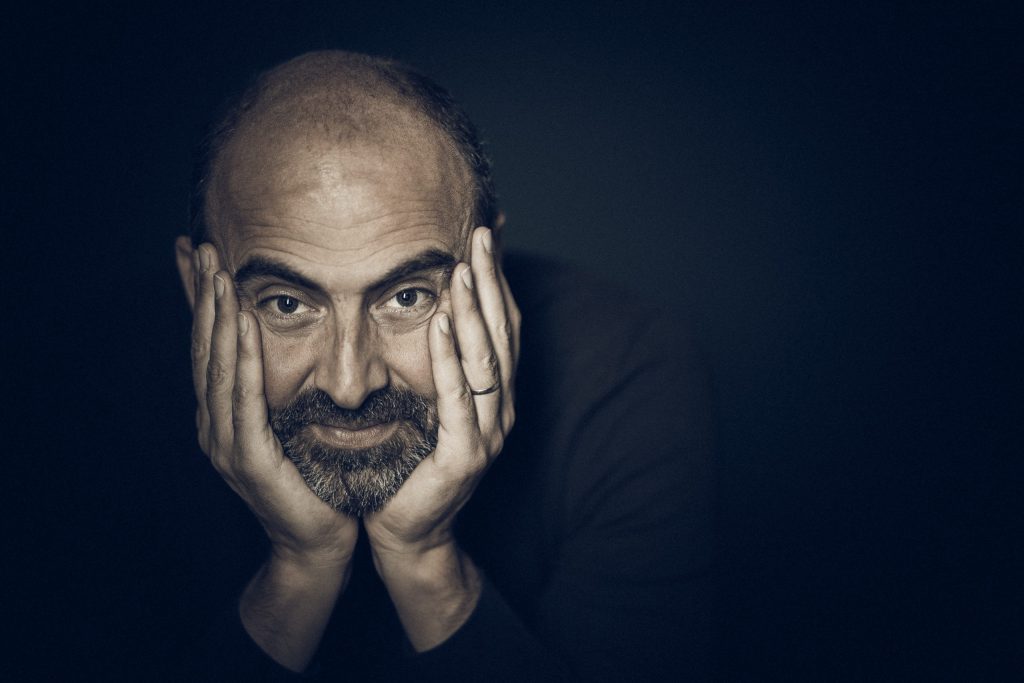


 (3 / 5)
(3 / 5)
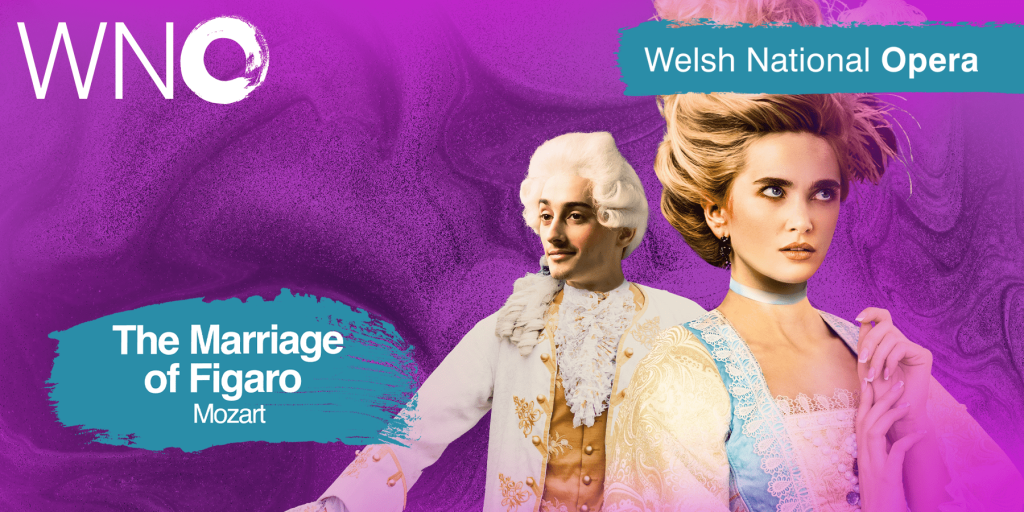
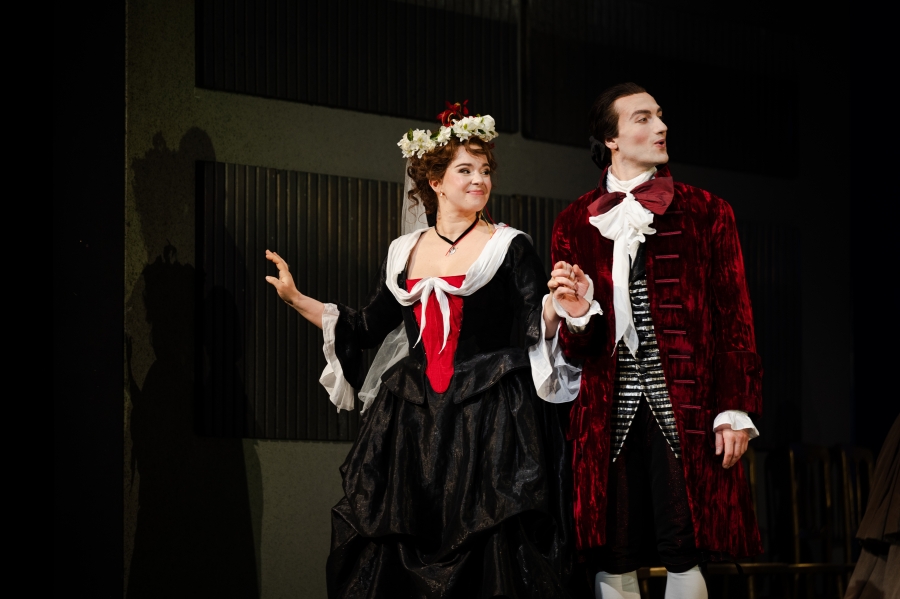
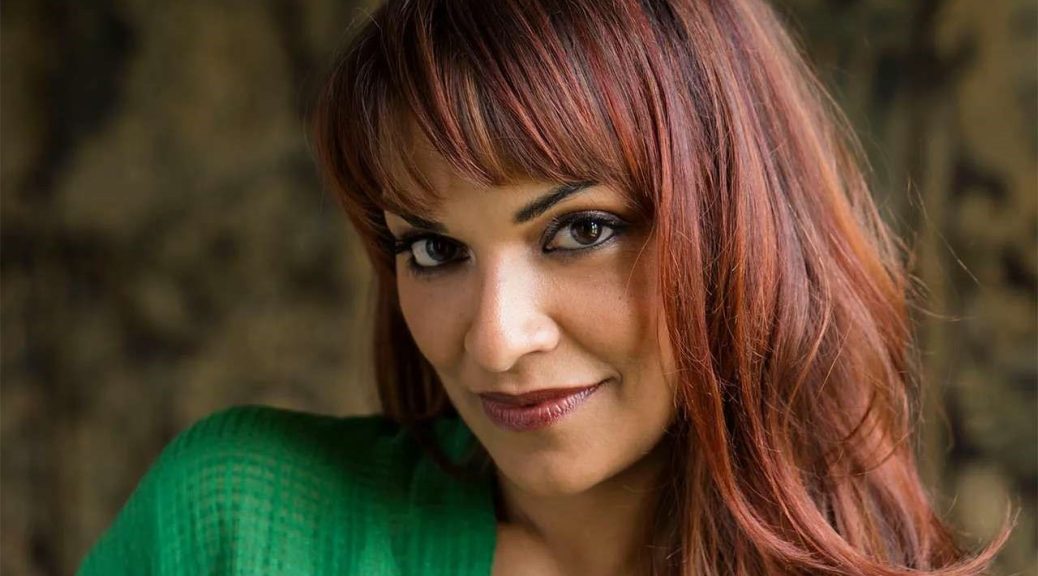
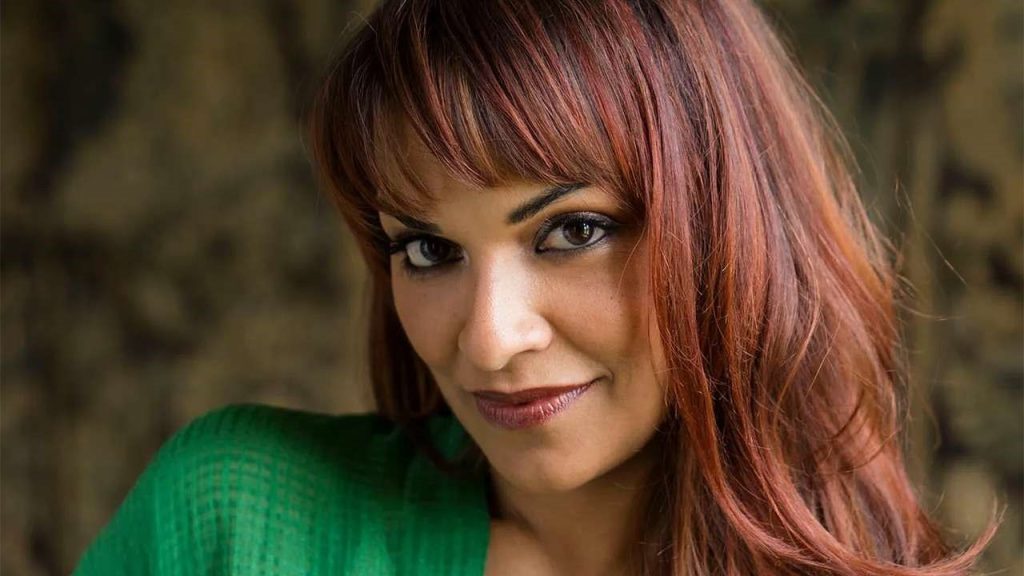
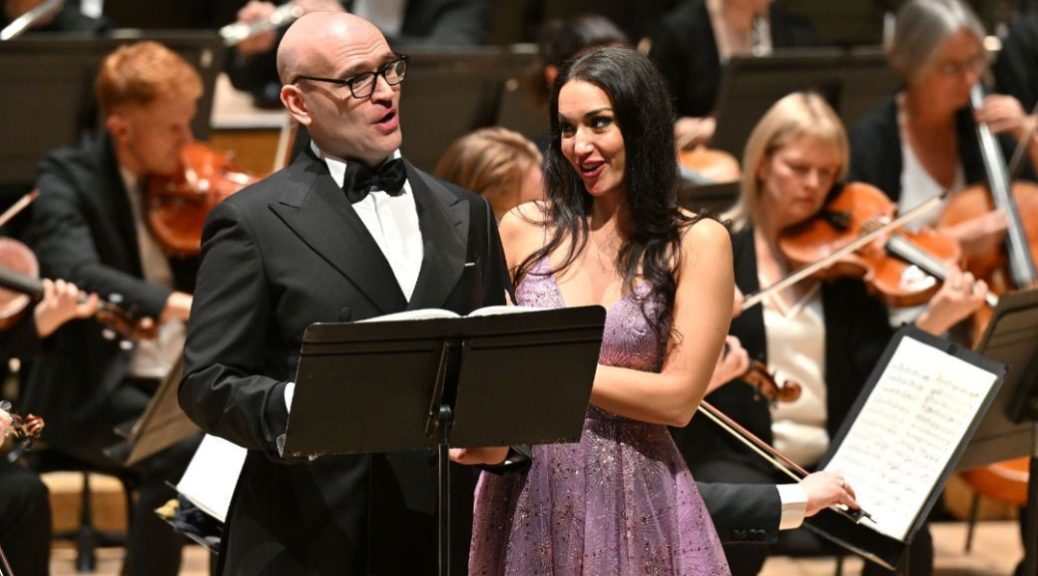
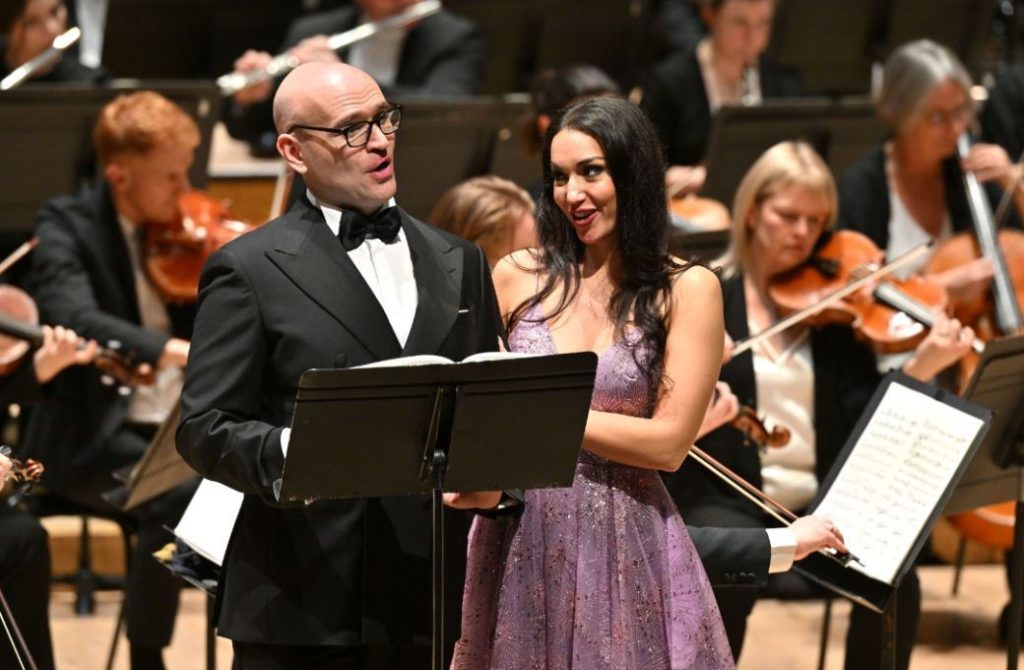
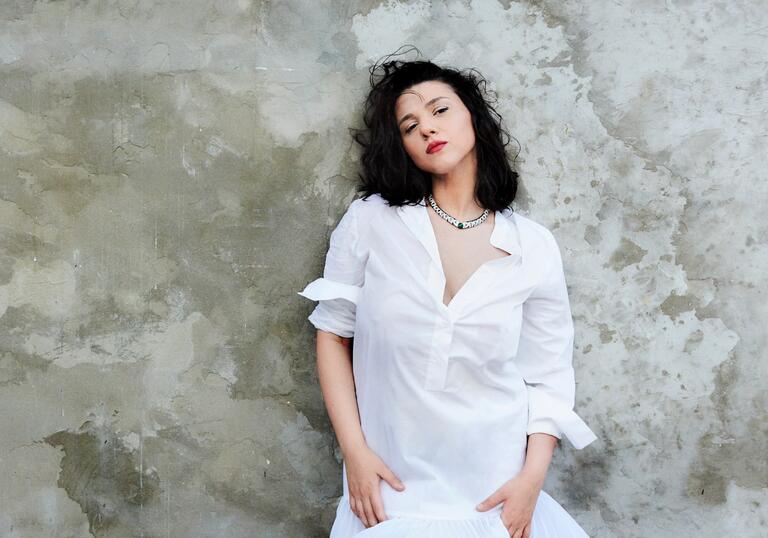

 (2 / 5)
(2 / 5)